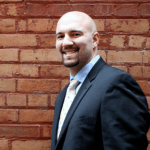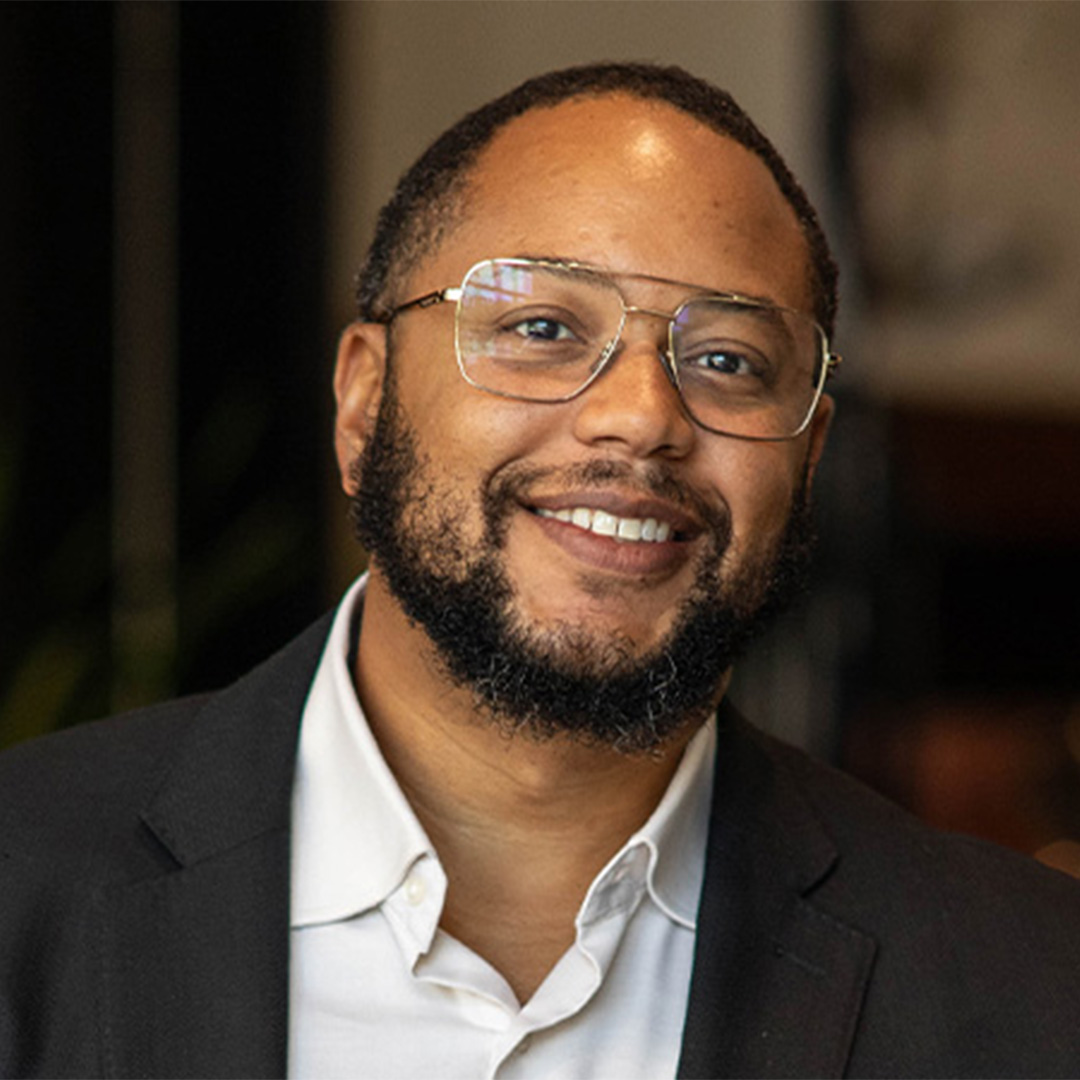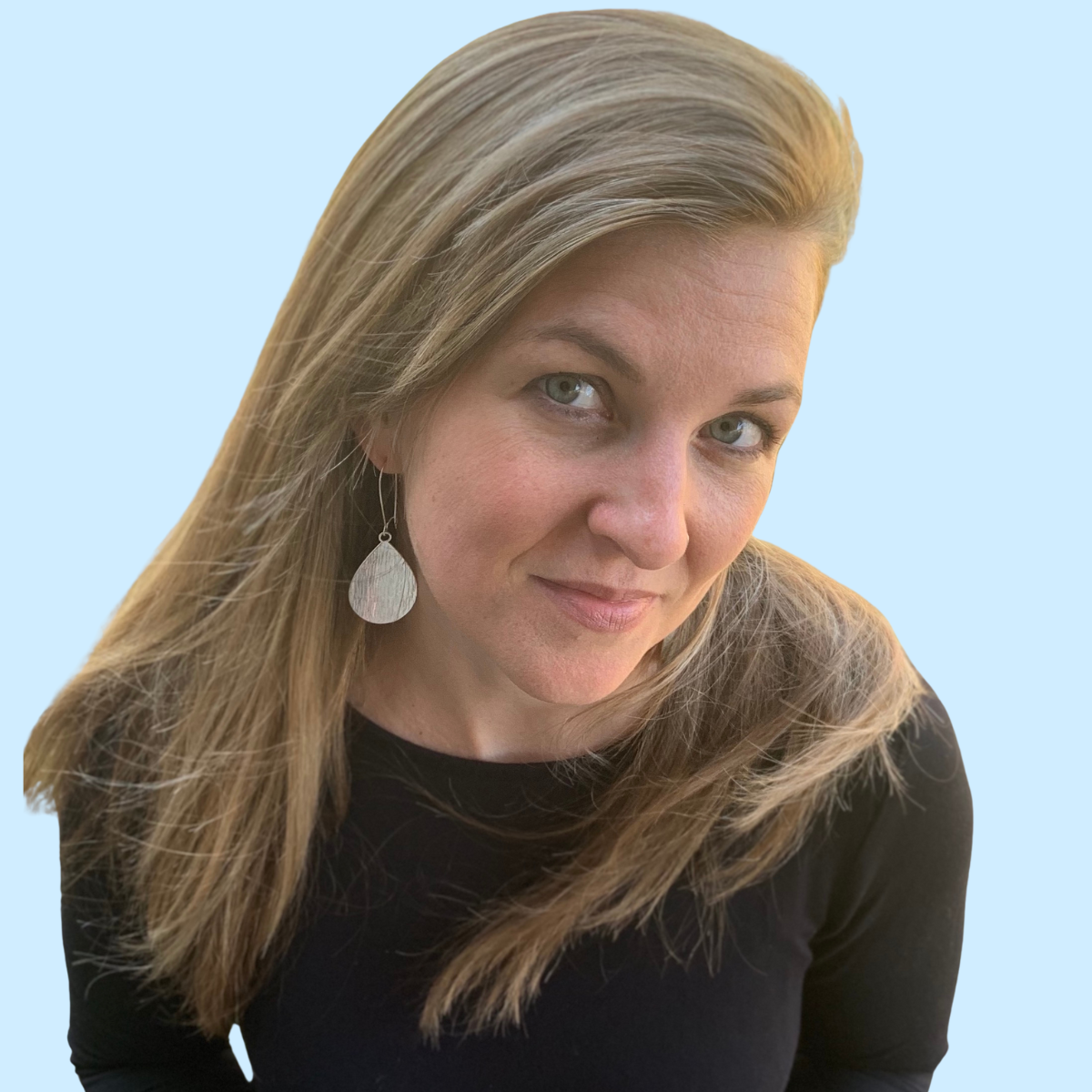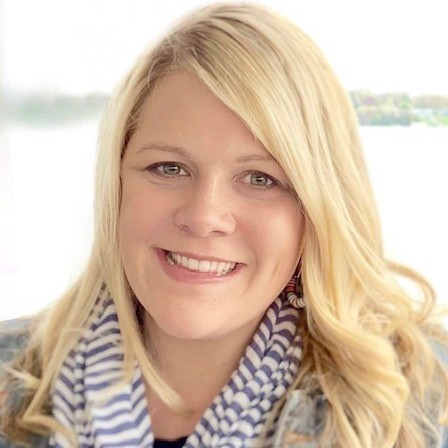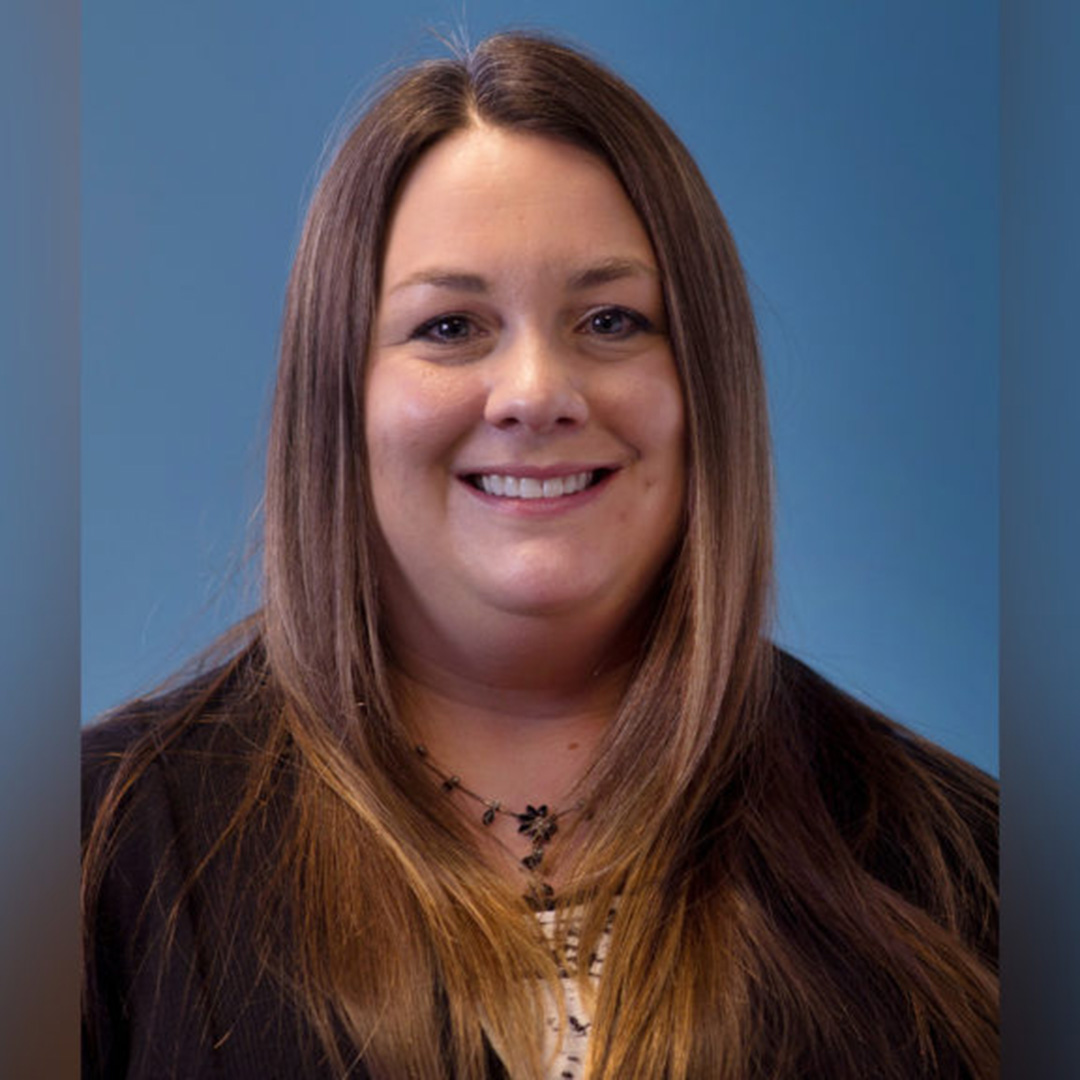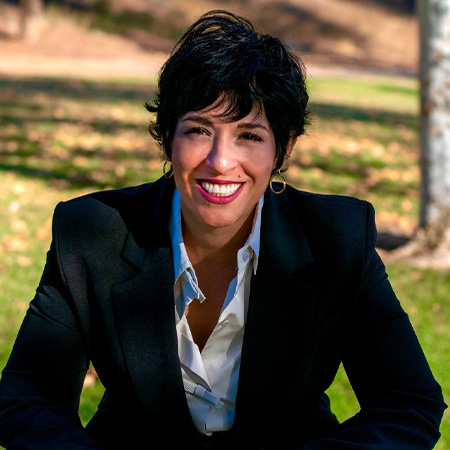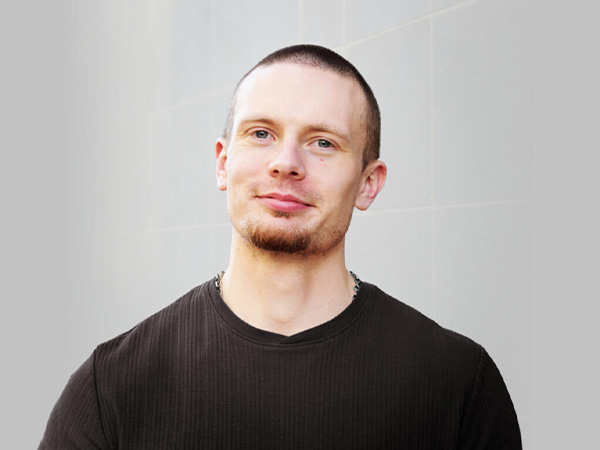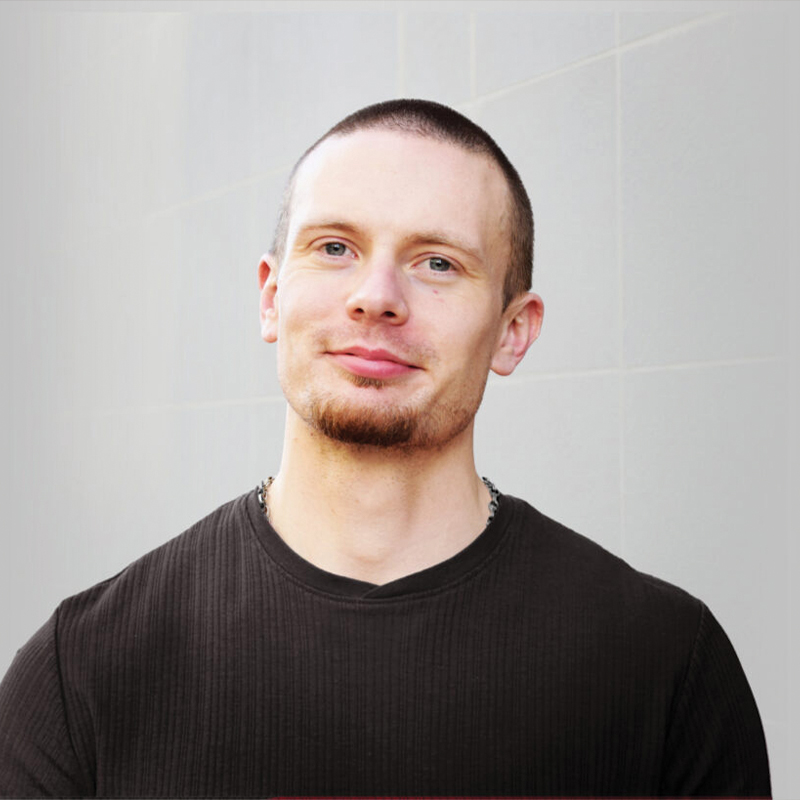Moms Roundtable: Autism, Wellness, and Motherhood
FEATURED POSTS
August 26, 2025
August 13, 2025
In this episode we are joined by three dynamic women who share their perspectives on how to best care for yourself and your family while raising a child with autism. Arfa Alam, a first generation Muslim American with neurodiverse family returns to share her wisdom and passion with us. Heather Link is a clinical Director who shares her experiences of both providing services and receiving services for her own family. Liza Hellenbrand is the mother of a thriving, 21 year old son with autism who also hosts the Empowered Caregiver podcast. Join this powerful women’s circle as they share from different backgrounds and experiences to offer sage advice to other moms.
For more information:
https://podcasts.apple.com/us/podcast/the-empowered-caregiver
All autism talk (allautismtalk.com) is sponsored by LEARN Behavioral (learnbehavioral.com).



